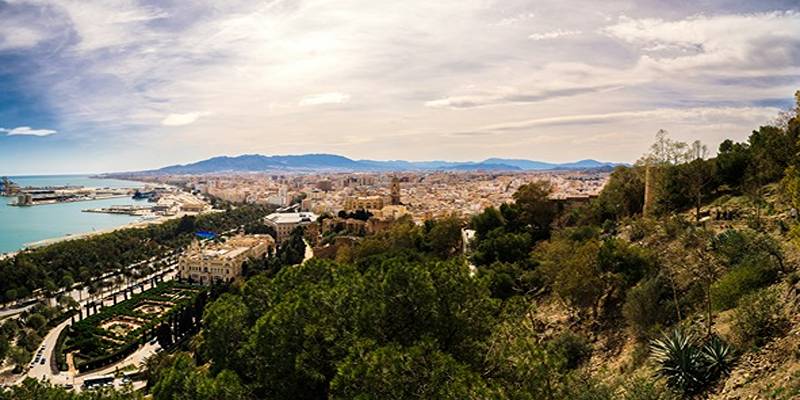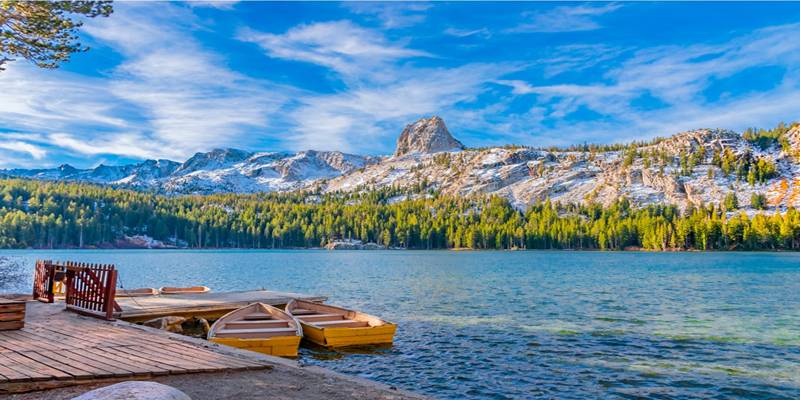New Zealand is a land of stunning natural beauty, but its cultural depth is just as captivating. Among the most important aspects of New Zealand's identity is its Maori culture, a vibrant heritage that dates back to the early settlers, the Maori people, who arrived in Aotearoa over 1,000 years ago.
As a traveler, studying the Maori culture goes beyond enriching experience; it provides an understanding of New Zealand's soul. Whether you are exploring landscapes or connecting with local communities, immersion in Maori traditions will make your visit unforgettable.
The Maori People: The Heart of New Zealand
The Maori are Indigenous people who belong to New Zealand; their history, language, and traditions run deep and are part of the country's fabric. In the 13th century, the Maori brought a rich set of traditions and cultural practices from their homeland in Polynesia. These consist of art, language, rituals, and spiritual beliefs that thrive to this day.
During a visit to New Zealand, it becomes apparent that Maori culture is predominant, at least in places like Rotorua, the Bay of Islands, and Wellington. Both the indigenous people and non-Maoris have made these practices an integral part of daily lives, so a peculiar melting of modern life with traditional practices has occurred.
Understanding Maori Language and Spirituality
One of the most captivating aspects of Maori culture is the language called Te Reo Maori. It has been believed to disappear but has in recent years gone through reviving moments; much is also done so that the culture does not die off with time. Te Reo is taught in schools and used in public life, with many places now having bilingual signs, so it becomes a big part of your New Zealand experience. Pick up some simple words from New Zealand while traveling, like "kia ora (hello) or haere mai" (welcome), and this will add to your cultural connection.

In Maori spirituality, everything is considered interconnected. The concept of whakapapa refers to the connection between all thingspeople, nature, and the spiritual world. Maori spirituality is deeply rooted in the land, and the concept of "mana" refers to spiritual power and authority, something that flows through all living things. When visiting sacred Maori sites, such as Marae (meeting grounds), it's essential to show respect and learn about the protocols that govern these spaces. Understanding this worldview allows you to appreciate the deep connection the Maori people have with their land and ancestors.
Experiencing and Respecting Maori Arts, Traditions, and Culture
For travelers, experiencing Maori arts and crafts offers a hands-on way to connect with the culture. The intricate designs of Maori tattooing (known as "ta moko") are iconic, symbolizing aspects of identity such as genealogy, personal experiences, and achievements. These tattoos are not just body art; they represent a person's connection to their ancestors and their place in the world. While it's not advisable to get a traditional tattoo without understanding its significance, visitors can enjoy exhibitions of this art form in museums and galleries across New Zealand.
Another striking aspect of Maori culture is its wood carving. Found in Wharenui (meeting houses), these carvings are rich in symbolism and central to the Maori storytelling tradition. They depict ancestral stories and spiritual beliefs, and visitors can learn about their meaning and even visit workshops where Maori artisans continue to practice these ancient techniques.
When engaging with Maori culture, its crucial to approach the experience with respect. Many Maori practices, especially in sacred spaces like Marae, involve specific protocols. Visitors are often formally welcomed with a "powhiri" (a traditional greeting), expected to remove shoes before entering certain buildings, and advised not to point with their feet, which is considered disrespectful. Before visiting a Marae, its a good idea to familiarize yourself with the cultural significance and the appropriate etiquette to ensure your visit is both respectful and meaningful.
Participating in a Maori Cultural Experience
One of the best ways to experience Maori culture as a traveler is to participate in a cultural experience or stay at a Marae. Many Maori communities offer cultural tours where visitors can learn about traditional rituals, try Maori food, and even participate in a hangia traditional feast cooked in an underground oven. These experiences allow you to connect with local Maori guides who share stories of their ancestry and culture.

The most famous cultural experience for travelers is attending a traditional hangi dinner. During a hangi, food such as lamb, chicken, potatoes, and kumara (sweet potato) is placed in a pit in the ground, covered, and cooked for hours using the earths natural heat. The feast that follows is an opportunity to sample traditional Maori dishes and learn about the importance of food in Maori culture. It's also a moment for reflection and connection with the land, as the cooking process itself is a spiritual act.
Additionally, watching a Maori performance, such as the haka, can be an exhilarating experience. The haka is a traditional war dance performed by groups, usually to display strength and unity. It's often seen at sporting events, particularly in rugby, where the All Blacks, New Zealands national rugby team, perform the haka before every match. The dance is an expression of pride, strength, and solidarity, and witnessing it is a truly unique cultural experience.
Conclusion
New Zealands Maori culture is a vibrant and integral part of the countrys identity. From the ancient traditions and spiritual beliefs to the intricate art forms and cultural experiences, exploring Maori heritage provides travelers with a deeper understanding of New Zealand. Whether participating in a traditional "hangi," learning the Maori language, or witnessing a powerful haka performance, immersing yourself in this culture offers a profound connection to the land and its people. For any traveler, embracing Maori culture enriches the journey, making it not just a visit but a meaningful experience that stays with you long after you leave.





